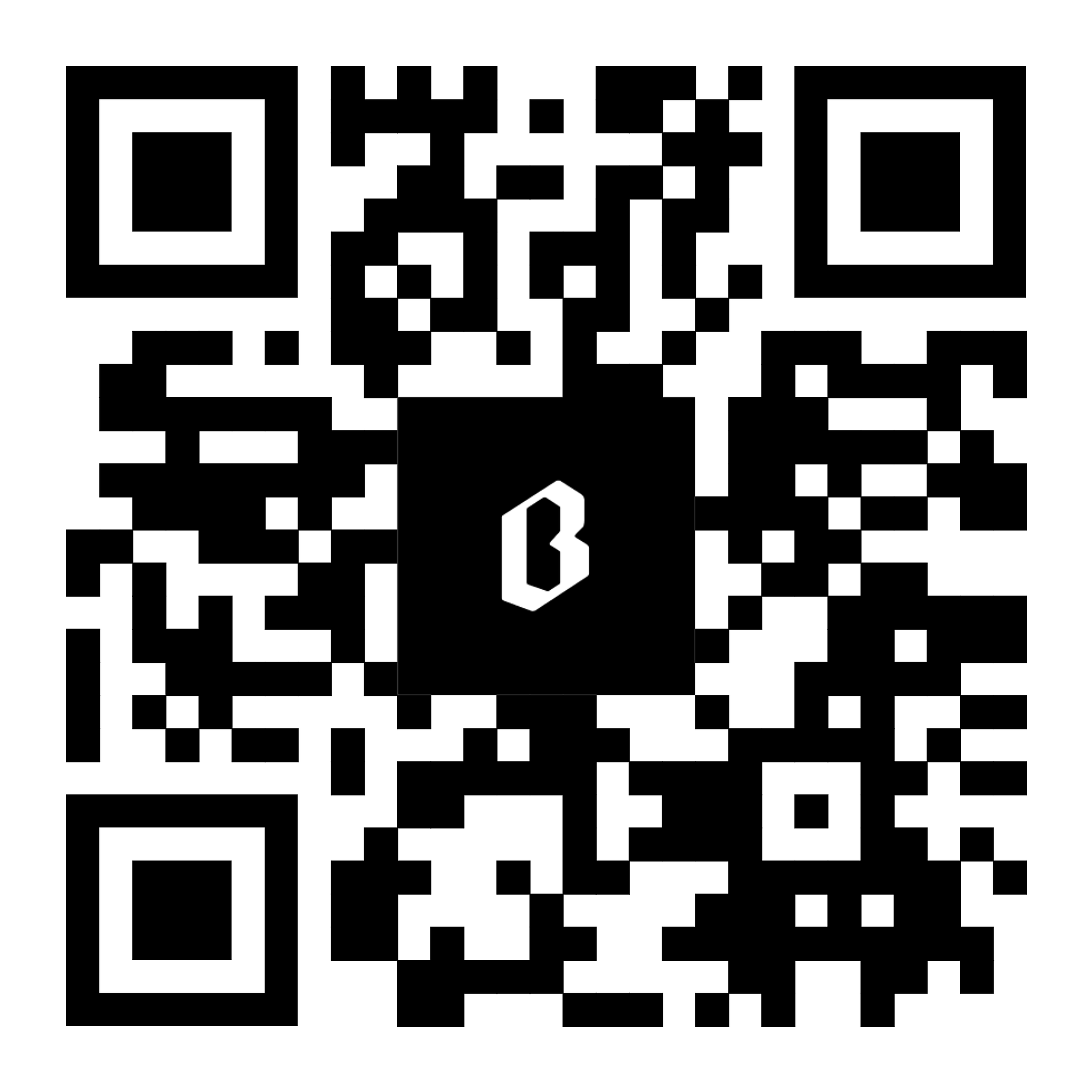Baltimore Mayor Brandon Scott on Wednesday announced a delayed expansion of his signature violence reduction program to South Baltimore, making the announcement from the second floor of a Cherry Hill restaurant.
The program, known as the Group Violence Reduction Strategy, or GVRS, is an approach piloted in 2022 in West Baltimore that melds traditional law enforcement tactics with social services.
Police work with community leaders to identify and intervene with individuals at the highest risk of experiencing or committing violence.
People are targeted for support, including life coaching, housing, cognitive behavioral therapy and employment.
Research has shown the program is one factor in the multiyear decline of Baltimore’s homicide rate, which has dropped to a 50-year low.
Since 2022, GVRS has expanded to the Eastern, Southwestern and Central police districts. The expansion to the Southern District has been two years in the making.
Officials had expected GVRS would be citywide by 2024, but Scott said they wanted to avoid past mistakes caused by expanding before the program was ready. The Baltimore Banner previously reported that GVRS’ expansion was delayed because of police staffing shortages and low morale within the department.
“Not sticking to the strategy has been a mistake in the past,” Scott said. “We’d rather go slow than do it the wrong way.”
The work underlying the expansion into South Baltimore began about a year ago, with developing partnerships with trusted leaders in the community and gathering intelligence. Work to expand the program citywide is underway, said Jack French, a spokesperson for the Mayor’s Office of Neighborhood Safety and Engagement, with no official timeline yet.
City, state and philanthropic funding that supports the program’s growth will be supplemented by $1.2 million in federal money.
Previously, there had been widespread concern in City Hall that the Trump administration’s targeting of federal grants could lead to a reduction in the city’s violence prevention programming, which had been largely funded by one-time pandemic relief money.
Scott said one way the program works is he and other community leaders deliver letters directly to people identified as high risk for violence or victimization saying: “We know who you are. We know what you do. We want you to stay alive for you and your family. But you cannot do that if you continue doing the things that you’re doing.”
At that point individuals can choose to reach out for support to change their life, city leaders said, or if not they will be investigated, and potentially arrested and prosecuted.
What GVRS could bring to South Baltimore
Thus far, Cherry Hill has been home to a Safe Streets site, which is part of a community violence intervention program that targets certain geographic areas.
GVRS will instead balance support services with community messaging and accountability work that is “focused on people instead of place to prevent the next shooting or homicide,” French said.
A year ago, Jaylen was recovering from a gunshot in the hospital. Through GVRS, Jaylen, who declined to reveal his last name for safety reasons, received coaching from Teshombae Harvell, a life coach who works with GVRS.
The experience “helped me see myself in a different way,” he said.
Harvell helped Jaylen develop coping skills and manage conflicts, improving his relationship with his family, earning a high school degree and beginning a profession in plumbing with the goal of establishing his own business.
“It really worked for me. I just hope more people do it,” Jaylen said.
Kin Brown-Lane, better known as Termite, has spent the past year shadowing GVRS workers in other areas of the city and has begun doing violence prevention work.
Born and raised in Cherry Hill, she’s worked in the community for 35 years doing support work through public housing mediation and her nonprofit, Switching Lanes, that bridges the gap between seniors and youth in the community to benefit both populations. She’s also worked with Safe Streets.
“We’ve been through a lot of people saying they will come here and do something, but they never came back,” Brown-Lane said. “If I had to choose one word that is the most important, I would say relationships.”
Relationships, she emphasized, are the foundation of trust with boys and men and it is the factor she believes has led to some Safe Streets sites going a year without a homicide.
“I’m excited that we’ll be getting the opportunity that other communities have here,” Brown-Lane said.
Baltimore Banner reporter Lee Sanderlin contributed to this article.






Comments
Welcome to The Banner's subscriber-only commenting community. Please review our community guidelines.